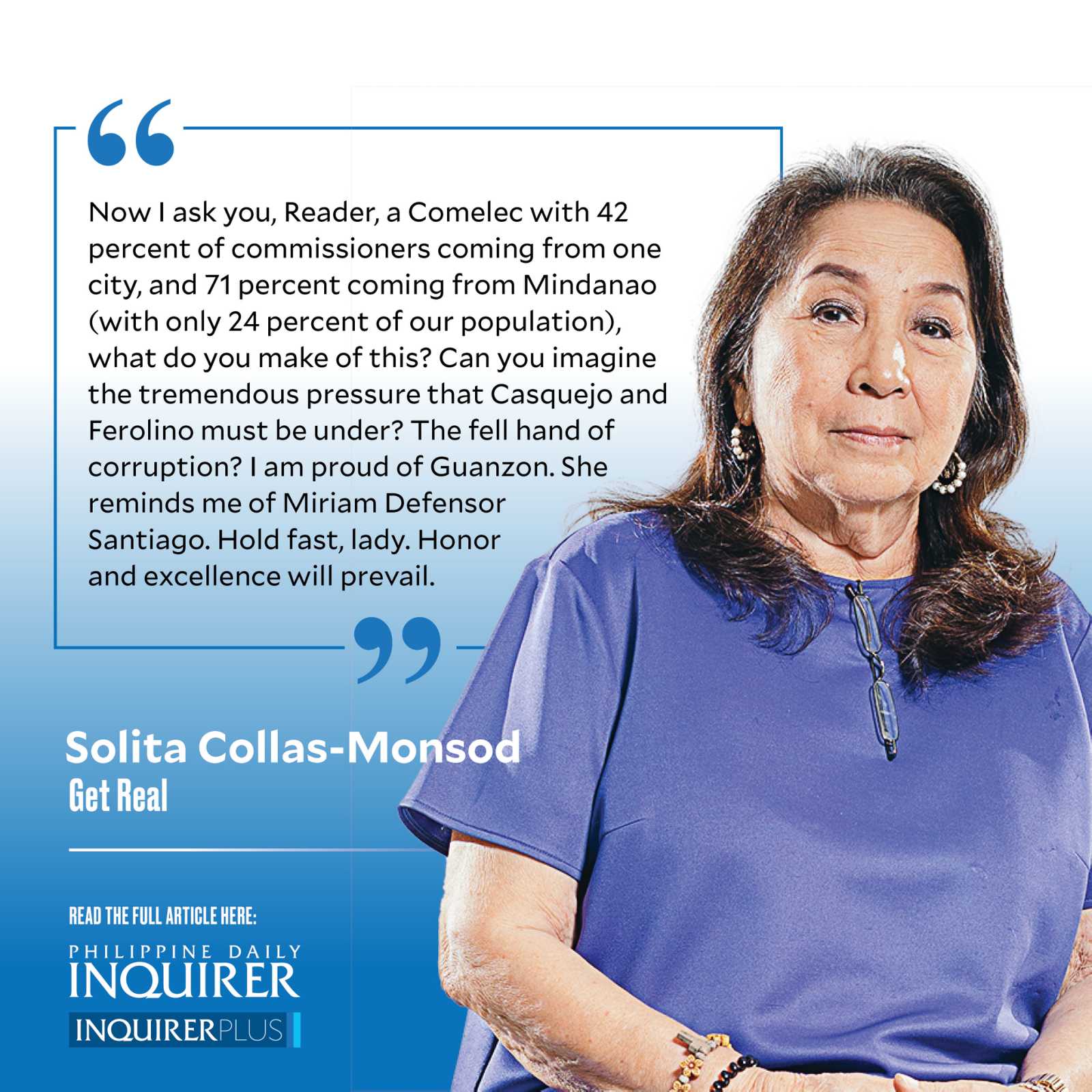The fell hand of corruption

Three issues exploded over our horizon this week, and this column is going to touch upon all three, and show how they are interrelated.
The first is Transparency International’s 2021 Corruption Perceptions Index (CPI), which came out four days ago. The Philippines scored 33 (0 is highly corrupt, 100 is very clean). That score is way below the averages for the world (44), the Americas (43), Asia-Pacific (45), and is half the score of Western Europe and EU (66). Our score is the same as the average of Sub-Saharan Africa, also 33.
When President Duterte started in 2016, the Philippines scored 35 points, and ranked 101 of 176. By end 2021, we were 117 of 180 with a score of 33. A triumph for corruption.
Noteworthy was the latest finding of TI: that upholding human rights is crucial in the fight against corruption, with countries violating civil liberties scoring lower on the CPI. The Philippines was among six countries used to illustrate this. Said TI’s chair, Delia Rubio, “Human rights are not simply a nice-to-have in the fight against corruption. Authoritarianism makes anti-corruption efforts dependent on the whims of an elite. Ensuring that civil society and the media can speak freely and hold power to account is the only sustainable route to a corruption-free society.”
The second issue is the awarding to the Villar family of the ABS-CBN channels. What struck me was how surreptitiously it was done—so there was no chance of a public outcry. The National Telecommunications Commission swears that everything was on the up-and-up. Why, then, the surreptitiousness?
It claims that it asked the opinions of the DOJ and Malacañang about the transaction without mentioning the name of the Villar company. So was that made to protect the government, the Villars, or the Filipino people?
The DOJ and Malacañang said they didn’t know. But do you really think, Reader, that they didn’t? All it took was to pick up the phone and ask who was involved. As for the Villars, that their name was not on the document assured them of no flags raised until the deed was done. So government and Villars were protected. The only ones who were not were the Filipino people. Government’s stand was to clean up the oligarchy—and they ended up giving more power to an existing oligarch. Without any competition.
And doesn’t something smell rotten, when such a plum prize (without benefit of bidding) is awarded to a family which supported heavily the Duterte campaign, and counts a sitting senator, a congresswoman, a former Cabinet secretary, and a Cabinet undersecretary (the DOJ) among its members?
I will ask you, Reader, to again read Delia Rubio, and you will realize that this issue is an example of the “abuse of high-level power that benefits the few at the expense of the many.”
The last issue is the Guanzon exposé, if one can call it that. Again, to my mind, this smacks of the effects of corruption—which retards the emergence of strong institutions. Bear with me. I gleaned the following information from the Comelec website on the big picture. Three of the seven commissioners—Inting, Casquejo and Ferolino, the last two of whom are with Guanzon’s First Division, are from Davao (Ferolino’s CV doesn’t say she’s from Davao, but it says she has been 26 years in the Comelec where she rose to provincial supervisor—and I saw elsewhere—of Davao). Two of them (Abas and Kho) are also from Mindanao. One of them (Guanzon) is from the Visayas, and one (Bulay, the newest appointee) is from the NCR.
Three of them (Abas, Inting, Casquejo), and maybe four (Ferolino’s CV doesn’t say where she got her law degree) earned their law degree from the Ateneo de Davao. Two of them graduated from San Beda law, and one (Guanzon) from the University of the Philippines.
Now I ask you, Reader, a Comelec with 42 percent of commissioners coming from one city, and 71 percent coming from Mindanao (with only 24 percent of our population), what do you make of this? Can you imagine the tremendous pressure that Casquejo and Ferolino must be under? The fell hand of corruption?
I am proud of Guanzon. She reminds me of Miriam Defensor Santiago. Hold fast, lady. Honor and excellence will prevail.
——————
solita_monsod@yahoo.com




















